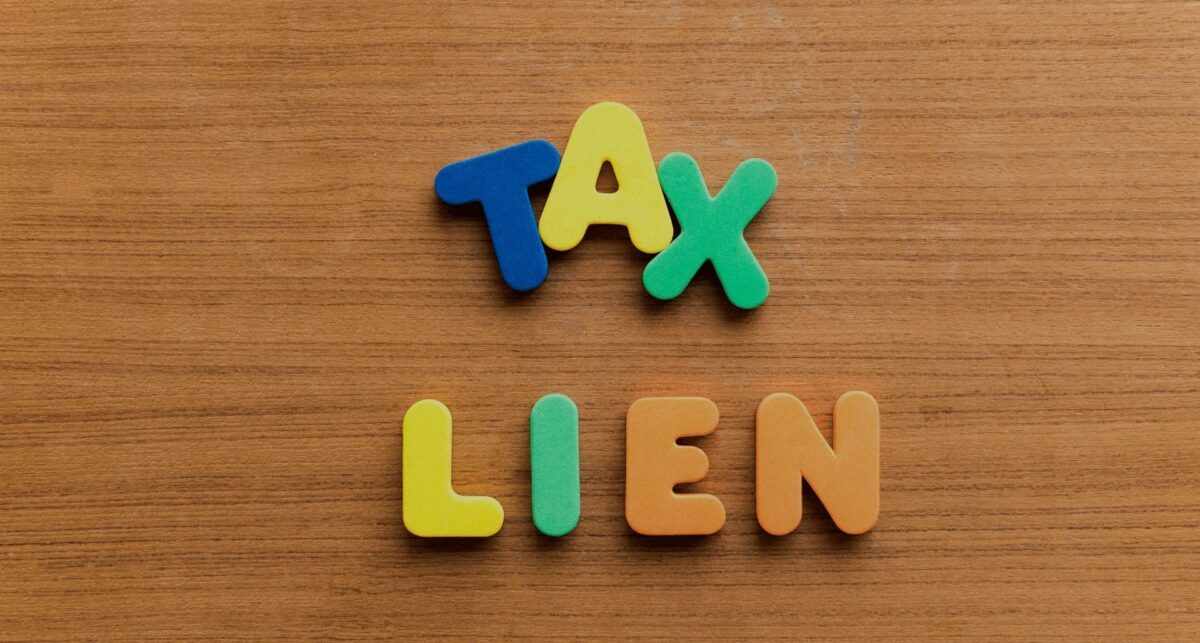April 19, 2013 | Tax Debt

Fresh Start Program Helps Taxpayers Who Owe the IRS Back Taxes
If you owe back taxes, the Internal Revenue Service offers a Fresh Start initiative that makes it easier to pay back taxes and avoid tax liens. This program can benefit small business taxpayers and individual taxpayers and 1) help back taxes, and 2) give some certainty to your tax problem. The Fresh Start program changes best practices in federal tax liens, installment agreements, and offers in compromise negotiations.- Tax Liens: The Fresh Start program has increased the amount taxpayers owe before a Notice of Federal Tax Lien will be filed.
Some taxpayers might be able to qualify to have their lien notice withdrawn if they pay for their tax debt through a Direct Debit installment agreement and their balance is under $50,000 or $25,000 for taxes owed already including a payment plan. However, if a taxpayer defaults on this agreement, the IRS can file a new Notice of Federal Tax Lien, and start collection actions.
- Installment Agreements: The Fresh Start program has helped streamline installment agreements. Individual taxpayers who owe no more than $50,000 can pay their tax debt through a monthly payment plan, and avoid a lien.
Taxpayers who owe more than $50,000 can still take advantage of this offer. However, they will need to provide the IRS with financial information. The IRS will typically require a Collection Information Statement with a Form 433-A or Form 433-F.
- Offers in Compromise: The Fresh Start program has streamlined and expanded the Offers in Compromise program. The Offer in Compromise is an agreement between the IRS and the taxpayer that allows the taxpayer to settle their tax debt for less than the full amount due. The IRS has updated the program so that there is more flexibility, and is now open to a larger group of taxpayers. The IRS will need to look at the taxpayer’s finances in order to determine if the taxpayer is able to pay. Keep in mind, the IRS will not accept an Offer in Compromise if the agency believes that the taxpayer can pay the tax debt due as a lump sum or through a payment plan agreement. Offers in Compromise are generally reserved for larger tax debts.


 Timothy S Hart, the founding partner of the tax law firm of Timothy S. Hart Law Group, P.C. is both a New York Tax Lawyer & Certified Public Accountant. His area of expertise includes innovative solutions to solve your Internal Revenue Service and New York State tax problems, including tax settlements through the Federal and New York State offer in compromise programs, filing unfiled tax returns, voluntary disclosures, tax audits, and criminal investigations. [
Timothy S Hart, the founding partner of the tax law firm of Timothy S. Hart Law Group, P.C. is both a New York Tax Lawyer & Certified Public Accountant. His area of expertise includes innovative solutions to solve your Internal Revenue Service and New York State tax problems, including tax settlements through the Federal and New York State offer in compromise programs, filing unfiled tax returns, voluntary disclosures, tax audits, and criminal investigations. [